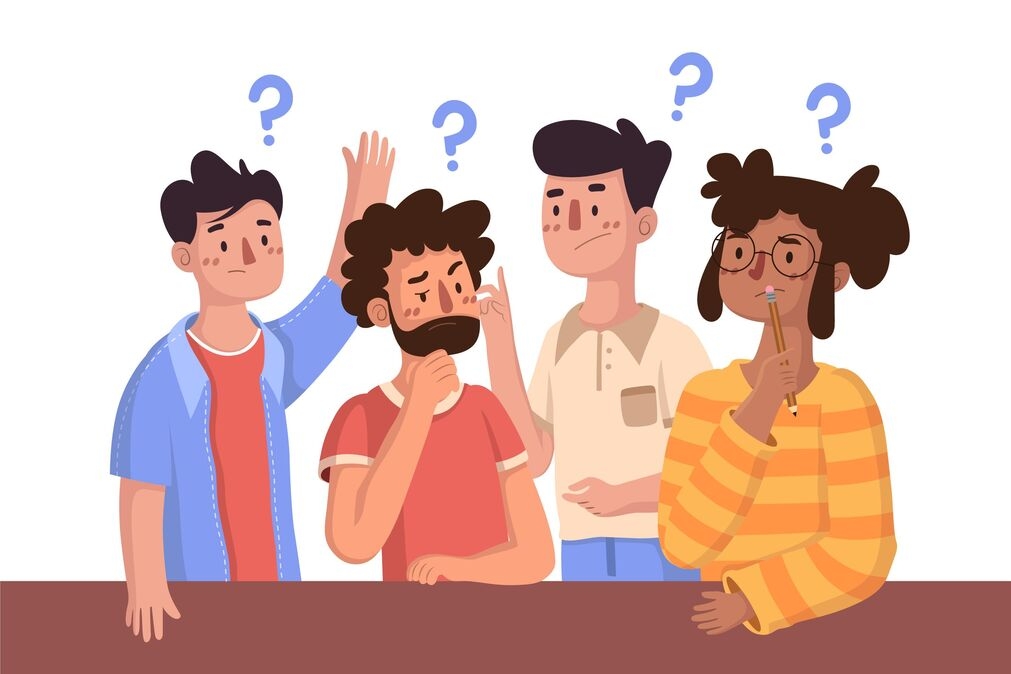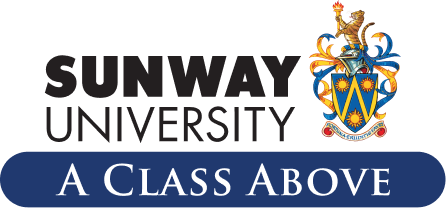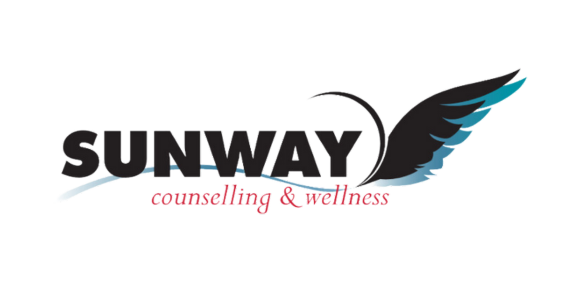It's a natural part of life - here's how to handle it

When we enter adolescence*, we find ourselves in a strange space, leaving behind the more rule-bound, dependent world of childhood, yet we’re not fully stepping into the complete independence and responsibility of adulthood.
It’s an in-between space that can feel confusing and unstable. Child psychoanalyst, Erik Erikson, is well-known for his work on the psychosocial development of human beings. He described this period as a psychological moratorium - a pause that grants freedom to explore our values, beliefs, and sense of self before making enduring commitments.
As children, we’re largely told who we are. Adults, in contrast, are expected to know what they stand for and live accordingly. But this transitional time is neither fully dependent nor completely autonomous.
Instead, it's a time of excitement and anxiety**, marked by questions: Who am I? What do I value? What do I want from life? Feeling uncertain in this period isn’t a sign of failure or inadequacy - it’s the natural work of building an identity.
Erikson believed that healthy development at the end of this stage is less about achieving final answers and more about developing fidelity: a capacity to remain true to yourself, even while recognising that life is messy and imperfect.
Fidelity doesn't mean we develop into a flawless human with unchanging beliefs. On the contrary, it’s about feeling grounded enough that your choices and behaviour reflect who you see yourself to be, while staying open to learning and change.
Building on Erikson’s ideas, psychologist James Marcia suggested that people don’t all develop identity in a single linear path. Instead, he described four identity statuses based on levels of exploration and commitment:
Diffusion: Here, there is little exploration or commitment. You might feel lost or apathetic about big life questions.
Foreclosure: This status describes commitment without exploration. It's when we adopt beliefs or plans handed to us by others, without questioning if they’re right for us.
Moratorium: Here, we engage in active exploration without final commitment. Trying out ideas, testing roles, and asking questions - even if it feels messy.
Achievement: The commitment that follows exploration. This describes being in a place where you make choices that feel genuinely yours after a period of questioning.
These aren’t stages you progress through in a fixed order. Instead, they’re ways of approaching identity development that can shift over time or even coexist in different areas of life.
For example, you might feel a sense of achievement in your values while still exploring your career path. Or you might move from foreclosure to moratorium if you begin questioning things you once accepted uncritically.
What’s important is recognising that uncertainty and exploration are part of the work of becoming yourself. It can be tempting to rush for certainty, or to define yourself quickly for the comfort of having an answer. But that can actually lead you to feeling trapped in choices that don’t fit.
On the other hand, embracing the exploratory aspect of this time - acknowledging your teen years and 20s as a kind of apprenticeship for life - can offer greater freedom and a sense of authenticity.
Here are some suggestions on how you can approach this stage of your life:
Allow for exploration: Give yourself permission to try new roles, ideas, and experiences without demanding immediate certainty.
Be mindful of borrowed identities: Ask whether your beliefs and plans are truly yours or simply adopted to please others or reduce anxiety.
Stay patient with the process: Identity development isn’t a race. It’s normal to change your mind and refine your views over time.
Practise self-compassion: You’re not supposed to have it all figured out. Treat your own uncertainty with kindness. Even in adulthood, no-one has it all figured out (but adults do, generally, tend to be more comfortable with uncertainty).
Reflect regularly: Journalling, conversations with trusted people, or simply taking quiet time to think can help clarify what feels authentic.
This period of psychological moratorium isn’t wasted time or evidence that you’re lost. It indicates the natural point of time and space where you get to craft your identity - not by copying others, but by discovering what aligns with who you want to be.
Even in adulthood, you’ll continue to evolve, question, and grow. The goal isn’t perfection or complete certainty but working toward a grounded sense that your actions reflect your evolving self, crafted thoughtfully and lived with fidelity.
__
*Adolescence traditionally described the ages between 10-19. However, this has expanded to mid-20s, in part, following relatively recent research that found the brain reaches full maturity around the age of 25.
**Anxiety is a normal emotion that, like any other, serves a useful function but becomes problematic when excessive and impairs our normal functioning. It can motivate us to act on our values and indicate what's important and in need of our attention. The Danish philosopher Søren Kierkegaard described anxiety (or "angst") as the “dizziness of freedom,” capturing how choice and independence can provoke this useful tension as we figure out our place in the world.




